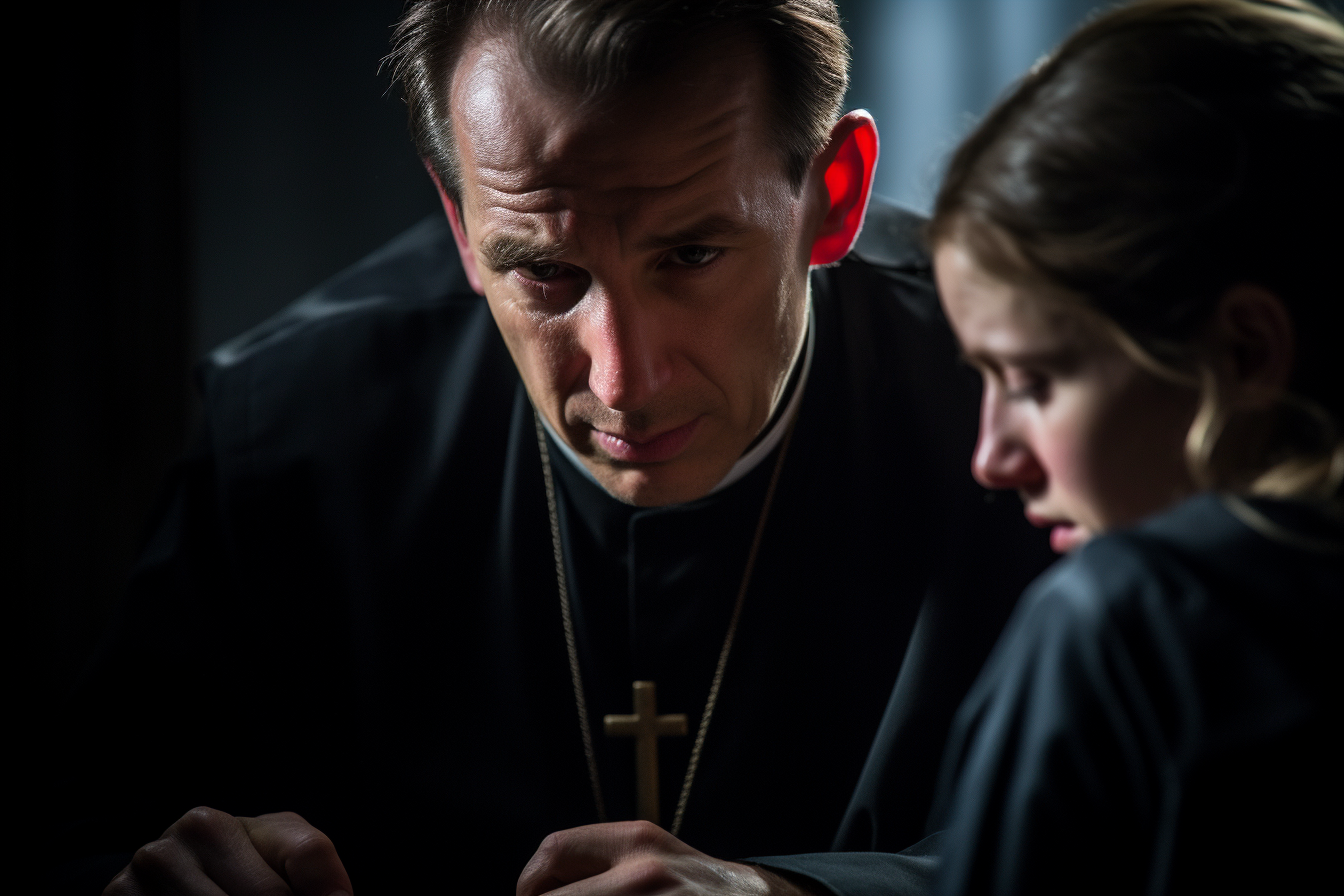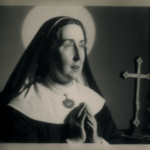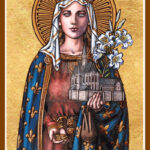
St. John Eudes
St. John Eudes
St. John Eudes – A Life in the 17th Century
When they lived: November 14, 1601 – August 19, 1680
Where they lived: Ri, Normandy, France
Notable world events during the time of their life:
- Thirty Years’ War (1618-1648): A devastating conflict that engulfed much of Europe, escalating from a religious war to a complex power struggle.
- English Civil War (1642-1651): England faced internal strife, leading to the execution of King Charles I and the establishment of the Commonwealth under Oliver Cromwell.
- Scientific Revolution (16th-17th centuries): A time of remarkable scientific progress with luminaries like Galileo, Kepler, and Newton shaping our understanding of the cosmos.
- Founding of Quebec City (1608): Samuel de Champlain established Quebec City, marking the beginning of French colonization in North America.
- Treaty of Westphalia (1648): This treaty ended the Thirty Years’ War, ushering in a new era of diplomacy and recognizing the sovereignty of individual states.
Patronage: St. John Eudes is venerated as the patron saint of pastors and confessors, known for his dedication to training priests and providing spiritual guidance.
A Preacher-Missionary
St. John Eudes was born into a peasant family in 1601 in Normandy, France. He was instructed by the Jesuits at Caen. Since he was a child, he has already tried to live in imitation of the Lord Jesus Christ. When he was fourteen years old, he took a vow of chastity.
Eventually, John heeded the call to the priesthood. He entered the Bérullian Oratory, and in 1625, he was ordained a priest. During the severe plagues of 1627 and 1631, he volunteered to care for the stricken in his own diocese. Lest he infect his fellow religious, during the plague he lived in a huge cask in the middle of a field.
Fr. John was known for his eloquent and moving preaching. When he was thirty-two years old, with his gifts of preaching and his charity as a confessor, he began to give parish missions. He realized the need for parish priests’ support and encouragement in becoming men of both prayer and action. He conducted conferences for them and outlined the duties they ought to fulfill. Fr. John preached over a hundred parish missions, some lasting from several weeks to several months.
Concern for the Formation of the Clergy
Driven by his concern for the spiritual formation and improvement of the clergy, Fr. John realized that the greatest need was the establishment of seminaries. His superior general, the bishop, and even Cardinal Richelieu granted him permission to begin the work. However, the succeeding superior general disapproved. After long prayers and listening to counsel, Fr. John decided that it was best for him to leave the religious community.
That same year, Fr. John established a new community, the Congregation of Jesus and Mary. His congregation was devoted to the formation of the clergy by founding and conducting diocesan seminaries. The members were dedicated to promoting good seminary training, which would form Christ-like priests. This new aspiration gained the approval of individual bishops. Unfortunately, it also met with immediate opposition, especially from the Jansenists and even some of his former associates. Fr. John founded several seminaries in Normandy. However, he was not able to obtain approval from Rome.
Caring for the lost
In his parish mission work, Fr. John was deeply disturbed by the unfortunate conditions of prostitutes who sought to escape from their miserable lives. He founded temporary shelters; however, the arrangements were not satisfactory. A certain Madeleine Lamy, who had cared for several of the women, one day said to him, “Where are you off to now? To some church, I suppose, where you’ll gaze at the images and think yourself pious. And all the time, what is really wanted of you is a decent house for these poor creatures.” The words and the laughter of those present struck deeply within him. The result was another new religious community, called the Sisters of Charity of the Refuge, to provide a refuge for prostitutes.

John Eudes is probably best known for the central themes of his writings: Jesus as the source of holiness and Mary as the model of the Christian life. He died at Caen on August 19th, 1680. On January 6, 1903, his virtues were declared heroic by Pope Leo XIII. The miracles proposed for his beatification were approved by Pope Pius X on May 3, 1908, and he was beatified on April 25, 1909. He was canonized in 1925. His feast day is August 19.
Five Interesting Facts About St. John Eudes
- St. John Eudes is the patron saint of missionaries, of the Diocese of Baie-Comeau, and of fallen women and prostitutes.
- St. John Eudes’ most revered achievement was promoting devotions to the Sacred Hearts of Jesus and Mary.
- St. John Eudes has been called the “Apostle of the Sacred Heart” because of his deep devotion to the Sacred Heart of Jesus.
- St. John Eudes established the first feasts in honor of the hearts of Jesus and Mary. He was known as the author of the liturgical worship of the Sacred Hearts of Jesus and Mary. He even wrote the votive mass and office for their feast day.
- In Christian art, St. John Eudes is depicted with a burning heart. Sometimes he is also shown holding a crucifix.
Prayer to St. John Eudes
O God, who wonderfully chose the priest Saint John Eudes to proclaim the unfathomable riches of Christ, grant us, by his example and teachings, that, growing in knowledge of you, we may live faithfully by the light of the Gospel. Through our Lord Jesus Christ, your Son, who lives and reigns with you in the unity of the Holy Spirit,God, for ever and ever Amen.



